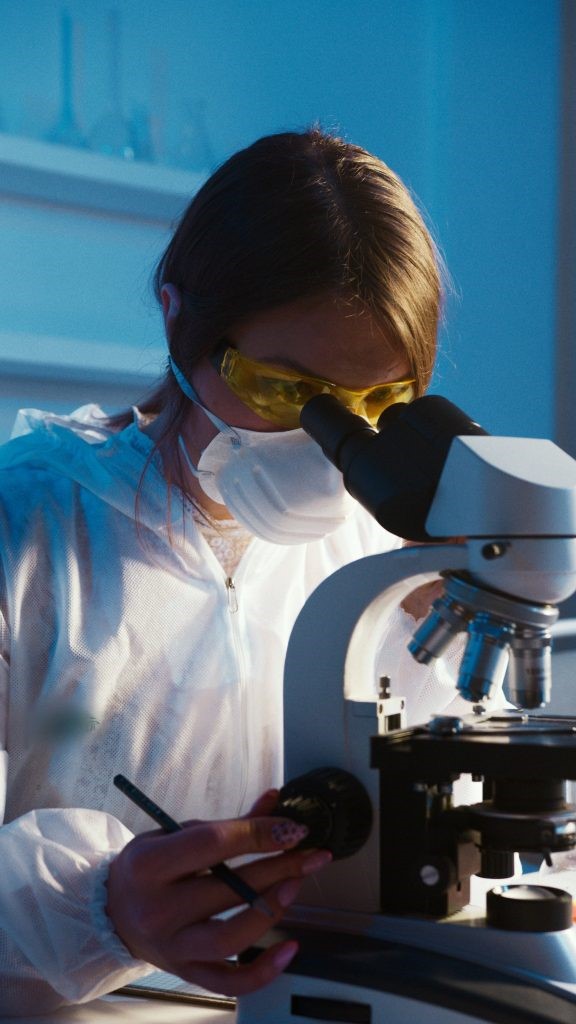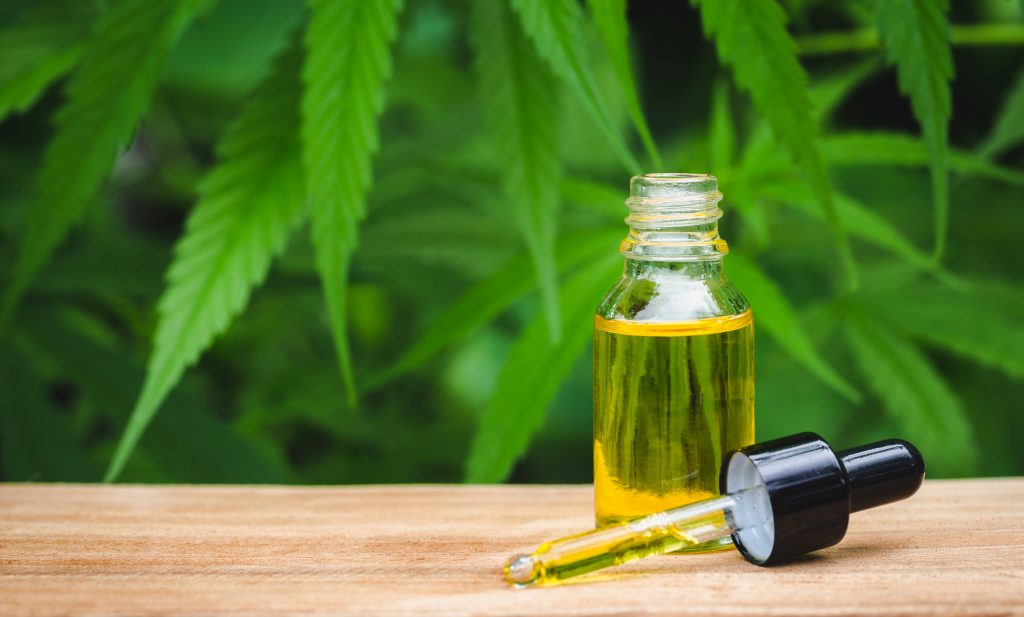Is CBD Oil a legitimate defence for failing a drug test?
Despite being harmless, CBD Oil (Cannabidiol) has never been far from controversy. Since the landmark moment in 2016 when the MHRA (Medicines and Healthcare Products Regulatory Agency) classified it as a medicine, campaigners have expressed concern that the legalisation of CBD oil is a step towards the legalisation of THC and other more harmful drugs.
Government bans 11 synthetic opioids
The unforeseen consequence on the Family Court system
No doubt, this debate will continue to rage about CBD oil. In the meantime, there’s an unforeseen consequence for the Family Court system.
CBD Oil has become a scapegoat
When parents fail a drug test and look for mitigating factors, CBD Oil is routinely used as a “Get Out of Jail” card. A plea that any trace of illegal drugs can be attributed to the ‘innocent’ use of a medicinal product.
So today, let’s set the record straight: CBD oil is not the culprit. As long as it’s used in “regulated” legal products.
How family court hair strand drug testing can be more thorough
How do we know this?

Well, here’s the technical bit:
In order to differentiate between legal and illegal cannabis use – the 9-panel drug test shows us the different cannabis constituents used, including CBD and THC.
For CBD oil to be legal in the UK, it must contain no more than 0.2% THC (a very small amount). It would be anticipated that the hair analysis results would reflect this.
So, if an individual was using legal cannabis, they would test positive for cannabidiol. However, if THC were to be detected – it would be at very low levels – usually below the cut-off.
Contrary to this, if an individual is misusing “street” cannabis. It would be anticipated that the level of THC would be high – and if being used in the potent form of ‘skunk’, the proportion of THC would be higher than the other constituents detected.
The benefits of 9-panel hair drug testing
So what does this mean?
Simply put, we can tell between legal and illegal cannabis use. We do this by looking at the proportions/levels of the THC metabolite in hair test results.
In that case – what happens after a positive drug test?

So, THC has been detected in a high enough proportion to rule out legal use. We know the client is misusing, but what does that mean?
With the use of medical interpretation, we look beyond the lab results. By looking at the client as an individual, and looking at their drug patterns. Using both quantitative (lab results) and qualitative (medical interpretation) data to show the full evidential picture.
This helps the family court make a more informed and fair decision. And leads to better child safeguarding.
To find out more about hair drug testing, please contact us.
How Can We Help You Today?
We’re here to assist with private and public law cases in the Family Courts. If you’ve got a question, need a cost or you’re ready with an instruction, give us some details and we’ll get back to you quickly.